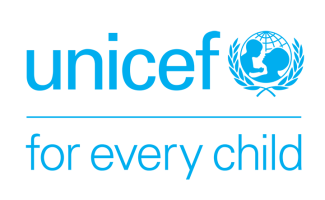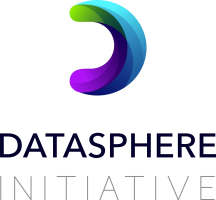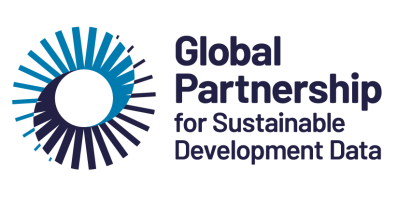
Data Governance Fit for Children
UNICEF
Multilateral
UNWDF Commitment to Data Coalition includes the following partners: The GovLab; DevelopMetrics; Highway Child; Early Childhood Authority of Abu Dhabi
Global
UNICEF is committed to uplift children’s rights, bolster humanitarian data preparedness and strengthen country data systems by further engaging with youth to co-develop responsible technologies, national systems and policies that align with their rights and interests. This inclusive approach empowers children and young people to directly influence the systems and practices affecting them; as well as stakeholders managing their data, such as governments and tech companies, through a social license to operate.
There might also be situations in which data may result in adverse human rights impacts, while also saving lives. Embedding data governance fit for children in all deployed systems will strengthen humanitarian preparedness ‒ as the responsible systems previously introduced can be maintained during emergencies and integrated by governments whose national systems were disrupted. This work therefore also provides an opportunity for applied country data system strengthening that reflects the children’s needs, and institutionalises responsible practices by design.
Across the globe, today’s children and young people increasingly live in fragile contexts. They are facing conflicts, violence, disasters or chronic political crises that daily jeopardize their wellbeing and even their lives. To bolster vital services amid disruption of national systems, child welfare organizations are increasingly leveraging data technologies, including artificial intelligence (AI). While practitioners may have well-intended purposes, the systems used are often designed with (consenting) adults in mind, without a focus on children's unique needs. In fragile contexts, the consequences can be singularly dire, as data can put children at immediate risk. This holds true for “big data”, “small data”, personal data and otherwise sensitive data.
Appropriate responsible data mechanisms and child-centered approaches are essential to ensure children and young people’s rights are not eroded by the use of data technologies, but instead uplifted by them – especially in higher vulnerability environments such as fragile contexts.
UNICEF's Data Governance Fit for Children Programme and the UNWDF Commitment to Data Coalition propose a project to advance current practices around the use of data for and about children by meaningfully engage youth on the responsible use of their data, particularly through data technologies like AI, to design systems and programmes that align with their rights and obtain a social license for stakeholders to handle their data.
The project vision will be achieved through the following objectives:
- Selecting contexts: Through UNICEF’s Country Offices (COs), select a few diverse contexts across regions incl. fragile contexts and identifying youth groups.
- Engaging youth: Use the lessons learned from this analysis and tap into COs’ presence to convene gatherings of the youth groups in the selected contexts. These engagements will help co-identify the pressing 21st-century needs they deal with; and co-ideate the potential use cases where responsible data and systems could meaningfully address these challenges, to co-create data self-determination-enhancing frameworks that align with their preferences.
- Synthesising and scaling: Use the inputs from the engagements to develop a practical guidance with recommendations that can allow stakeholders handling children’s data from the selected and similar contexts to understand and address the expressed needs and expectations. The agile methodology will be disseminated as an open-access toolkit that can be adapted and scaled.
- Disseminating and adopting: These insights will subsequently be shared through a forum with relevant stakeholders (such as Governments, tech companies) in the selected contexts to identify tangible next steps to integrate them into policies and systems (such as national systems, private sector technologies). Together with a tech company, develop a prototype tool that integrates the insights and preferences into a specialised model that can be deployed in the selected and similar contexts.
Through an online platform and additional virtual meetings, the team will seek to sustain an ongoing conversation with youth participants to ensure they have a voice as the work develops into material for policymakers and tech companies. Participants will have the ability to further reflect on the analysis of their remarks and indicate if there are any further additions or revisions they would like to see made. The team may also use the platform to provide surveys, particularly to seek their perspectives and evaluation of the progress made by stakeholders towards aligning with their preferences. The team will also monitor which recommendations have been embedded in government and other stakeholders’ frameworks, policies, guidance and systems; and will advocate for the adoption of the specialised model where needed. The practical guidance and the prototype tool will be accompanied by papers, policy reports, workshop summaries, and other material to raise awareness on youth preferences and keep stakeholders accountable of the progress in their contexts.






